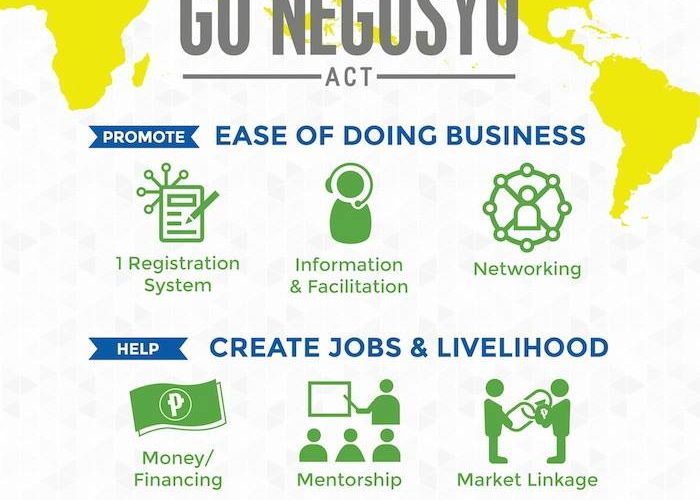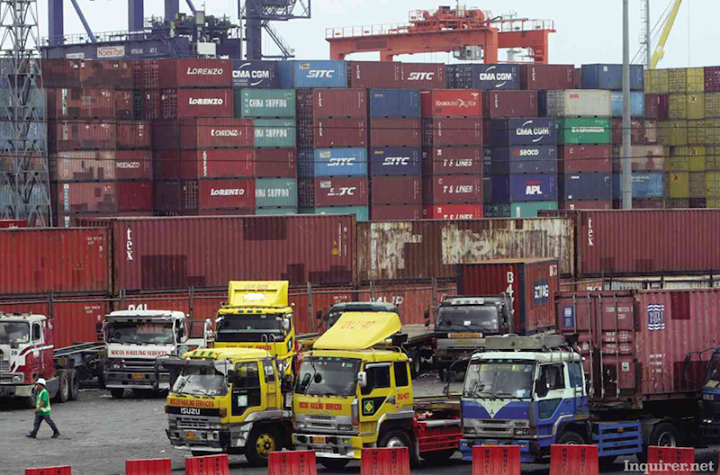Dagdag na Trabaho sa Go Negosyo Law – Sen. Bam
The development of micro, small and medium enterprises (MSMEs) in the country has been given a major boost with President Aquino’s signing of the Go Negosyo Act into law.
“The approval of the Go Negosyo Act into a law is a fulfillment of our commitment to push for MSME development in the country,” said Senator Bam Aquino, the law’s author and chairman of the Senate Committee on Trade, Commerce and Entrepreneurship.
As the first inclusive growth-related and pro-poor legislation to be passed into law by the present administration, Aquino believes the Go Negosyo Act will further the growth of the MSME industry, which comprises 99 percent of all enterprises and 66 percent of jobs in the country.
“With MSMEs getting all the help they need through the Go Negosyo Act, it will now be easier for them to start a business or expand existing industries,” said Aquino.
On Sunday, Malacanang announced the signing of the R.A. 10644 or An Act Promoting Job Generation and Inclusive Growth Through the Development of Micro, Small, and Medium Enterprises.
Presidential Communications Operations Office secretary Herminio Coloma Jr. said the new law would help create new jobs and livelihood for more Filipinos.
The Act mandates the creation of Negosyo Centers, under the Department of Trade and Industry (DTI), in each city and municipality around the country. These Negosyo centers are meant to make it easier for entrepreneurs to register and start up their businesses, as well as gain access to sources of financing.
In addition, the Negosyo Centers will provide courses and development programs, training, give advice on business conceptualization and feasibility, financing, management, capability building, human resources, marketing and other support services.




Recent Comments